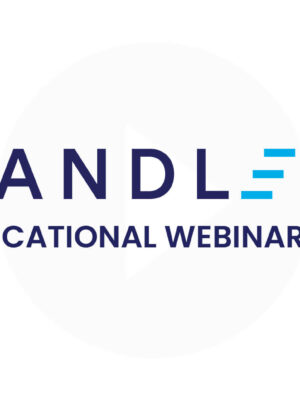Winning Interviews: Learn How to Sell Yourself

A recent Sandler Training survey revealed that nearly 70% of working Americans agree that the key to getting ahead in life is to learn how to sell yourself.
What does that mean for recent graduates? Learn how to sell yourself early in your career to stay ahead and put yourself on the right career path. And there’s no better time to start selling yourself then during your first professional, post-college interviews.
The following tips will help you stand out from your fellow millennials and rise to the top of the list of qualified candidates.
- Remember the importance of a face-to-face connection. While you may have grown up in the digital age, not everyone you’ll encounter in an interview did. Make eye contact, give a solid handshake, be inviting, be conversational and watch your body language.
- Do research in advance. In a subtle and natural way let it be known that you’ve done your homework about the company or interviewer. Have a list of key points you want to address with the interviewer – it’ll show you planned for the interview.
- Learn what interviewers are looking for. Too many graduates go into their first job interviews without knowing what interviewers are really looking for. Top companies base their hiring decisions on finding the right people who fit the company’s culture. Job skills can be taught. To learn what it’s like to be the interviewer, role-play with a friend or family member to learn how to interview others.
- If you ask questions, listen to the answers. Some recent graduates are so busy developing the best interview questions that they often miss the answers, causing the conversation that could have resulted to fall flat. Don’t waste a great opportunity to connect.
- Diffuse a bomb early. If there is something on your resume that sticks out like a sore thumb, talk about it early on. Whether it’s the lack of an internship, extra years spent in college or a low GPA, address it early on with an explanation that will still serve you well.
- Follow up. It’s a simple act that so many interviewees neglect. The debate around whether to hand write or email a thank you note should be put to rest, what’s important is that a candidate takes the time to thank the interviewer, restate interest in the position and follow up. Not following up is the fastest way to wind up in the ‘no pile.’
In May, millions of graduates will begin the search for the next step in their life. And for many of them, that next step will be seeking full-time employment. Do you have any additional interview tips to share with recent graduates?








